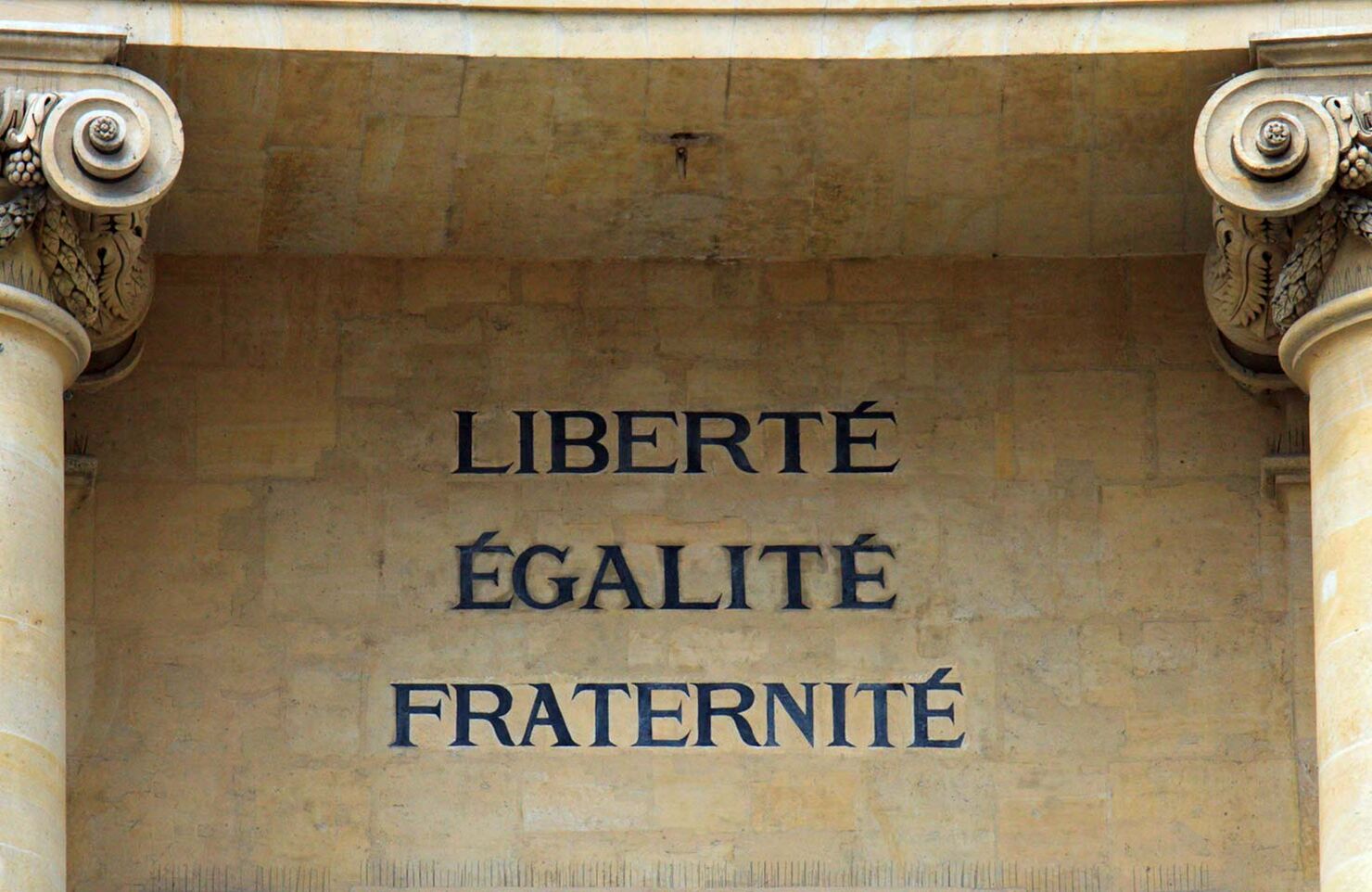
 The web has grown rapidly in the last two decades and its omnipresence makes it easy to forget that just 20 years ago it was an unheard of concept for most people.
The web has grown rapidly in the last two decades and its omnipresence makes it easy to forget that just 20 years ago it was an unheard of concept for most people.
While as designers and developers we feel fully engaged with the web, law makers are, perhaps inevitably, still running to catch up. The flurry of prosecutions worldwide for copyright theft, political dissent, and even bad jokes on twitter, all point to legal bodies struggling to cope with a technological shift that rivals the industrial revolution in significance.
The interests of governments have largely been directed at harnessing the web for tax revenue and local control — the U.N.’s attempted power grab being just one of many recent examples. However, there is a small movement in the corridors of the powerful that is seeking to protect the web in all its diversity.
This week Fleur Pellerin, the French Minister for the Digital Economy, formally accepted a report from France’s Conseil National du Numérique (National Digital Council). The report, produced by the CNN's own working group on net neutrality, had been unanimously ratified by the government think tank two weeks earlier.
If as expected, with Pellerin’s support, the CNN’s recommendations are enshrined in French law, they'll have far-reaching consequences for anyone working in the digital economy.
The principal of net neutrality is one that already exists: in essence, net neutrality states that all data be treated equally by the network; high value content such as stock market fluctuations should not be given greater priority than your sister’s pictures of kittens.
The threat to net neutrality has been around for a while, with numerous international infrastructure providers effectively proposing a two or three tier system, in which the highest value content be treated as the premium internet, with everything else treated as less important second, or third class data.
Although the literal consequences of any multi-tier system are hard to anticipate without definite plans, both the expectations of users and the effect speed has on search engine ranking, suggest a two tier system would adversely affect online diversity. Whilst implementation plans vary, the result of them all would be that a news organization such as Fox News could pay for faster delivery (or be forced by ISPs to pay for bandwidth), whereas independent bloggers like Salam Pax will be pushed out to a slower delivery (or blocked altogether for excessive bandwidth usage).
[The French proposals are] built around the founding principles of the Internet…[which oppose] discrimination by the sender or recipient, irrespective of the content being transmitted.
Critics of the French plans suggest that they are essentially toothless: too vague on the details of implementation to safeguard anything; the definition of discrimination being left in the hands of individual trial judges. However, although a pending bill is already before the French National Assembly, Pellerin herself has stated that she won’t be introducing legislation until 2014, allowing more time to develop more concrete proposals.
Net neutrality is already part of national law in Chile, the Netherlands and Slovenia, with a voluntary system in place in Norway. Any new regulations will only cover French jurisdiction, however France’s membership of the EU means a Europe-wide net neutrality law is likely to follow. If Europe as a whole adopts net neutrality as a legal entitlement, how long before the rest of the world follows suit?
Are you in favor of net neutrality? Should your government enshrine net neutrality in its laws? Let us know your views in the comments.
Featured image/thumbnail, equality image via Shutterstock.
Ben Moss
Ben Moss has designed and coded work for award-winning startups, and global names including IBM, UBS, and the FBI. When he’s not in front of a screen he’s probably out trail-running.
















